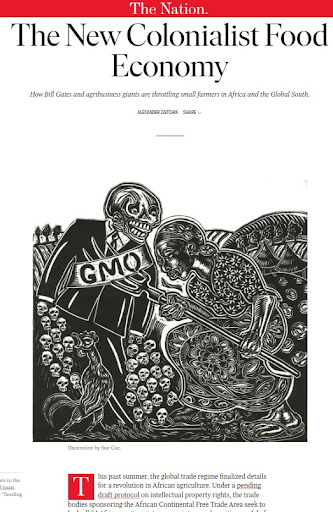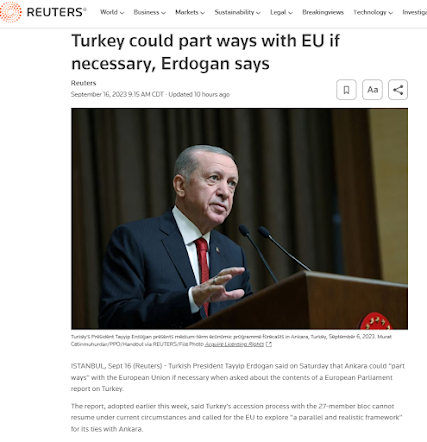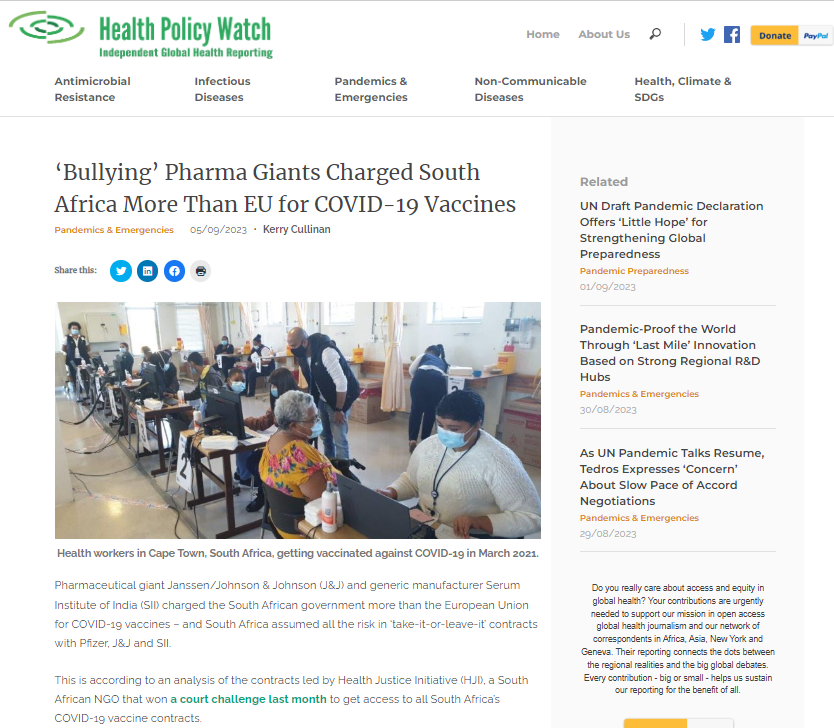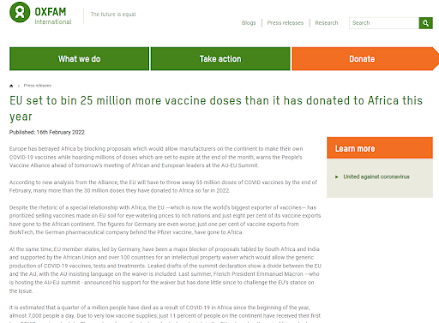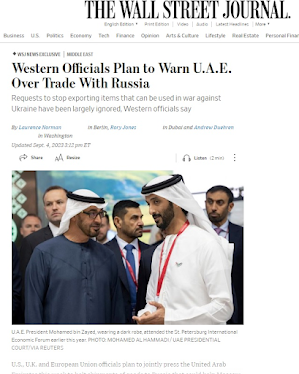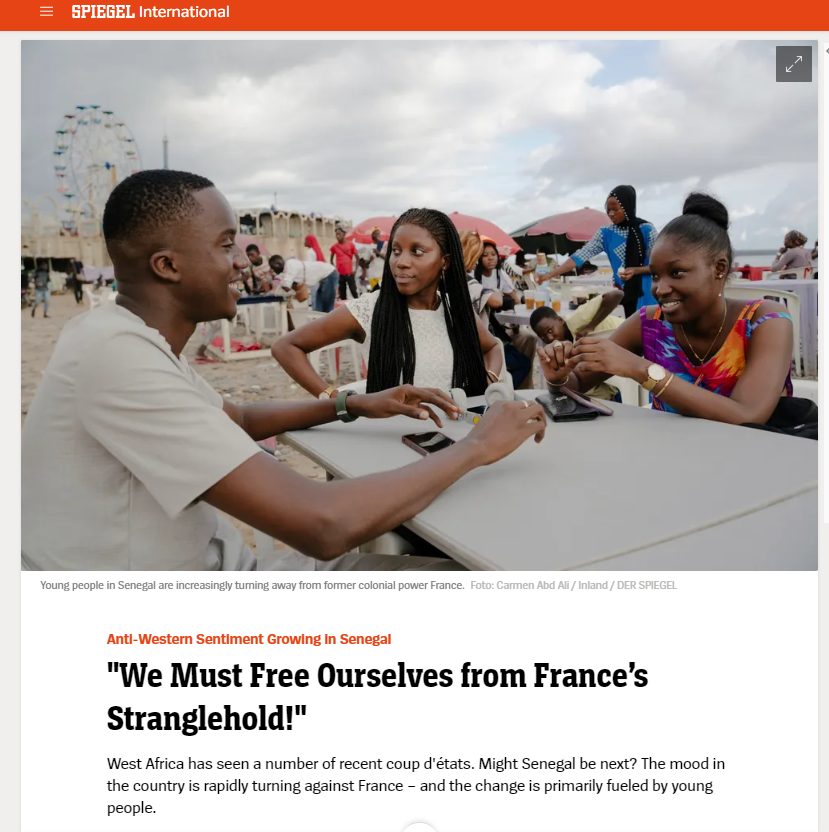
General Assembly of the United Nations; 19-23 + 26 September 2023
General Assembly of the United Nations; 19-23 + 26 September 2023: World Leaders Urge Transformative Solutions to Myriad Threats as Ukraine Conflict, COVID-19 Pandemic Compound Food, Fuel Crises, Worsen Climate Emergency
Information about speeches and news stories are archived by the UN; this year's speech can be accessed from these site and streaming platforms:
UNGA Meetings Cooverage
UNGA debate on youtube



